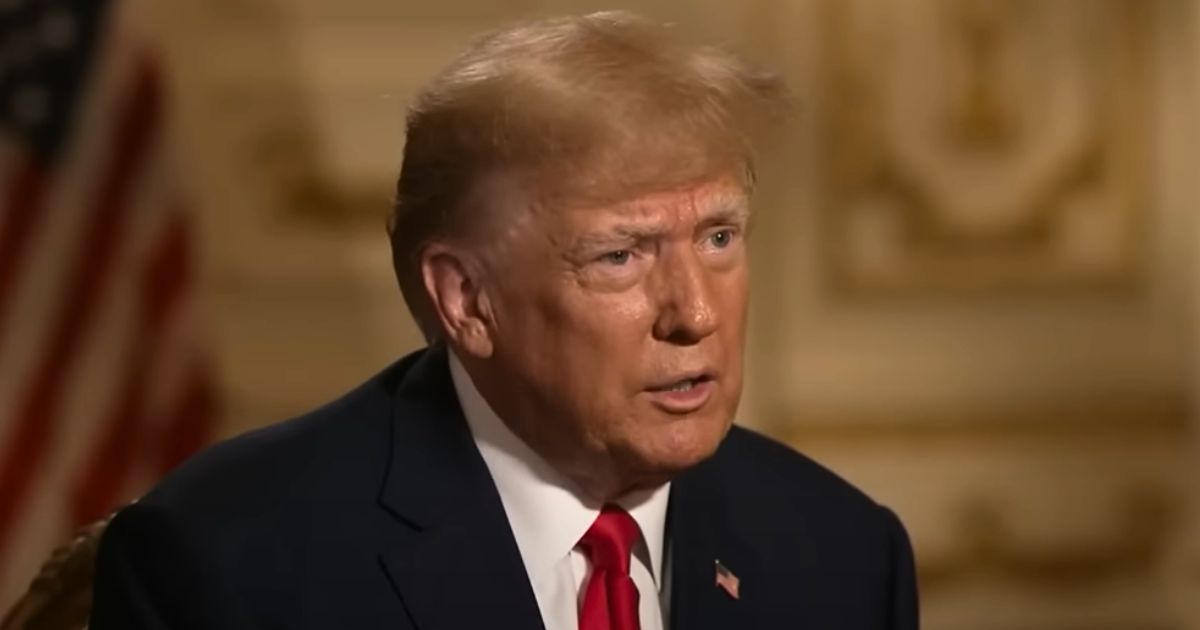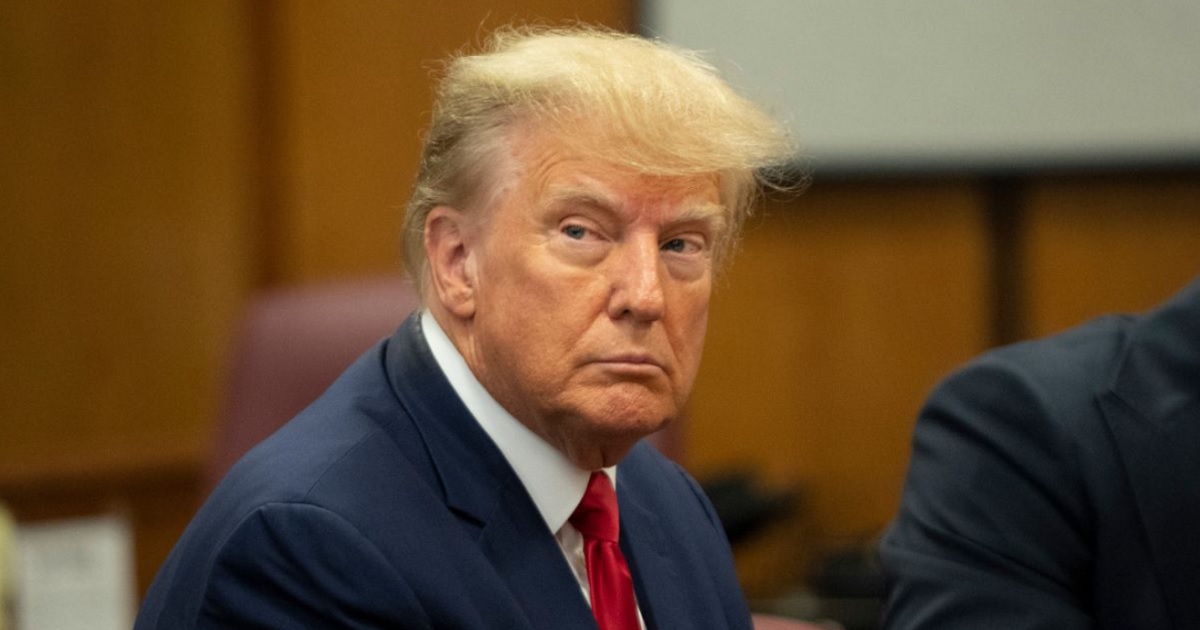Congress to grill former White House doctor on Biden’s decline
In a controversial move, House Republicans are set to question former White House physician Kevin O'Connor over allegations of concealing President Joe Biden's cognitive decline.
The inquiry also targets undisclosed medications supposedly administered to Biden and purported signs of what many believe was a "shadow presidency," as the New York Post reports.
Rep. Ronny Jackson, chair of the House Intelligence Committee's subcommittee on Oversight and Investigations, has spearheaded accusations against O’Connor.
He alleges that the doctor had exclusive insight into Biden’s health that was shielded from public knowledge. Specifically, Jackson claims that O’Connor managed Biden’s cognitive condition through unreported medication.
These allegations propose that Dr. O'Connor, who declared Biden's mental fitness "excellent" shortly after his withdrawal from the 2024 presidential race, played an essential role in a broader cover-up. Jackson asserts that without O'Connor's participation, the concealment of Biden’s health issues would not have been feasible.
Deepening divide over presidential transparency
Adding to the controversy, Jackson also linked former first lady Jill Biden to the alleged cover-up, suggesting her involvement was crucial. The investigation plans to cover various aspects, including the authenticity of Biden's signatures on official documents during his term, raising questions about his awareness and consent.
James Biden, the president's brother, received clemency for actions during Biden's tenure, further complicating the scenario. Jackson argued this raises additional suspicions about the administration’s operations, hinting at potential undisclosed agreements or concessions.
O’Connor’s reclusiveness and his absence from the media spotlight during the presidency only fueled skepticism from critics.
He faced the press minimally, generally leaving the public with brief assurances about Biden’s health, none of which elaborated on specific conditions or treatments.
Medical visits spark speculation
Dr. Kevin Cannard, a Parkinson’s specialist, made several visits to the White House, only some of which were officially to tend to Biden. This connection drew public attention when other medical professionals, including neurologist Dr. Tom Pitts, observed signs in Biden that they considered indicative of Parkinson’s disease.
Pitts controversially noted, "I could’ve diagnosed him from across the Mall," referencing apparent symptoms he observed in Biden. These expert observations have intensified public and political interest in the exact nature of Biden's health during his presidency.
O’Connor, during a casual interaction last July, briefly commented on Biden's condition following Cannard’s visits, merely stating, "No, he's good." This understated affirmation did little to quell the growing concerns.
Public scrutiny mirrors political pressure
The upcoming inquiries by House Republicans are not just focusing on Biden himself but also on the broader implications of the presidency’s handling. They interrogate the influence that Biden’s health may have had on governance and decision-making.
Enhancing the intrigue are past public observations by Jill Biden, who, after a debate, lauded her husband's performance with enthusiasm, which some critics argue might have been overly affirmative given the circumstances.
This backdrop sets the stage for a series of critical hearings and discussions in Congress aimed at dissecting these claims. They seek not only to investigate past actions but also to understand the impact of health disclosures on public trust and governmental transparency.
Questions of legacy, legalities loom
As the inquiry unfolds, the core question remains how the revealed information will affect Biden’s legacy and the broader political landscape. With essential documents under scrutiny for authenticity, this could impact significant legislation from Biden's term.
The role of health in leadership, especially when potentially obfuscated, is a potent mix of personal privacy and public right to know. How this balance was managed or mismanaged by the Biden administration will likely be central to both political and public discourse in the coming months.
Ultimately, the outcomes of these hearings may prompt more stringent policies on health transparency for elected officials, ensuring future leaders are scrutinized under similar pretenses to safeguard democratic integrity.





